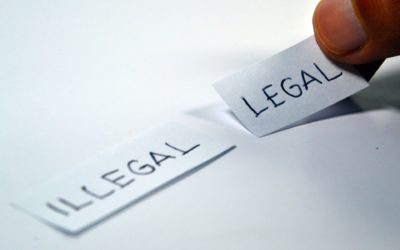How to deal with an unpaid cheque
 You've just received a notice from your bank that a cheque you had given for cashing has not been paid, and you're wondering what to do?
You've just received a notice from your bank that a cheque you had given for cashing has not been paid, and you're wondering what to do?
Here's something to help you:
First of all, we advise you to react the same day and to contact the drawer of the check (the person who made you the check) by phone, email or mail and ask him either to send you within 30 days the payment in cash (you will give him back his check on this occasion), or to fund his account.
After this period, deposit the cheque back at your bank. This is the only way to obtain a certificate of non-payment.
If the drawer of the cheque has not funded his account, the bank will send you (directly or on request, depending on the financial institution) a certificate of non-payment.
You can then send us the certificate of non-payment, accompanied by the original cheque. With the certificate of non-payment, we send a command to the person who is your debtor, to pay within fifteen days.
Failing this, in our capacity as Public Officer, we issue ourselves, without trial, an enforceable title which has the same value as a judgment.
With this enforceable title, we can then proceed to a vehicle seizure, a home seizure procedure, or a wage attachment.
Good news: by virtue of article L131-73 of the monetary and financial code: no costs are payable by you in the event of recovery of the sums due: the proportional duty provided for in article A444-32 of the commercial code, formerly article 10 of the 1996 tariff decree, does not have to be invoiced to you, since all costs, including these, are payable by the debtor.


